BSBI MEMBERSHIPS AND ACCREDITATIONS

BSBI is a member of AACSB International—The Association to Advance Collegiate Schools of Business.
AACSB International is a global association of leaders in education and business dedicated to supporting and advancing quality business education worldwide. Through membership, accreditation, research, thought leadership, professional development, and advocacy, AACSB partners with over 1,500 organisations, from more than 90 countries globally. Membership or participation in the Global Education Alliance does not imply accreditation.

Berlin School of Business and Innovation is a proud Signatory Member of the Principles for Responsible Management Education (PRME), an initiative of the UN Global Compact. BSBI is also now part of PRME Champions Cycle 2024-2025.
PRME engages over 800 business and management schools to ensure they provide future leaders with the skills needed to balance economic, environmental, and social goals, while drawing attention to the Sustainable Development Goals (#SDGs). The Six Principles of PRME guide us in integrating sustainability and responsible management practices into our curriculum, research, and campus operations.

Berlin School of Business and Innovation is proud to announce that it has become a Bronze Member of the Business Graduates Association (BGA), an international membership and quality assurance body.
BGA awards accreditations to business schools based on the impact they have had on their students, staff and the wider community, in terms of ethics and responsible management practices. This membership will provide BSBI with a range of resources and access to a network of professionals, helping us to continue to bring flexible and affordable programmes to our students.
To find out more please visit BGA page.

Berlin School of Business and Innovation (BSBI) is an active participant in the Erasmus+ programme, engaging in both academic exchange (KA131) and collaborative international initiatives (KA2). As part of its mobility activities, BSBI hosts visiting professors from partner universities across Europe, promoting knowledge sharing, professional growth, and intercultural dialogue.
BSBI also contributes to innovative Erasmus+ projects, including CyberSEA and SUDEMAR, working alongside universities, research centres and industry partners, to address key global challenges. These collaborations advance skills development, sustainability, and digital innovation across maritime sector.
Through its Erasmus+ involvement, BSBI strengthens its role in the European education community and supports the creation of a more sustainable, secure, and connected environment.
(Please note that BSBI has not signed the Erasmus+ Student Charter and is not a party to the student mobility programmes)
BSBI proudly participates in the Erasmus+ KA131 – 2024 mobility action, acting as a host institution for academic staff training. Through this program, BSBI has welcomed professors from Akademia Jakuba z Paradyża in Gorzów Wielkopolski, Poland, and is preparing to host a visiting professor from Osijek University in Croatia.
This international academic collaboration enables BSBI to:
- Share its expertise and best practices with partner universities.
- Enhance the capacity and skills of academic staff from across Europe.
- Foster knowledge exchange, gaining new perspectives on higher education and innovation from other European countries.
By engaging in Erasmus+ training initiatives, BSBI strengthens its role in the European academic network and supports the collective growth of higher education institutions across the continent.
- CyberSEA – Increasing Cyber Security at SEA through Digital Training
CyberSEA (Increasing Cyber Security at SEA through digital training) is an Erasmus+ Key Action 2 VET project running from 2023 to 2026. It aims to raise cybersecurity awareness and resilience in the maritime sector by developing specialized digital training programs, virtual labs, and practical learning tools tailored to industry needs.
As part of the consortium, BSBI collaborates with eight international partners from seven countries—including UNIVERSITAT POLITÈCNICA DE CATALUNYA (Spain), Academia Navala “Mircea cel Bătrân” (Romania), AINTEK (Greece), SPINAKER (Slovenia), SATAKUNNAN AMMATTIKORKEAKOULU Oy (Finland), Centre for Factories of the Future (Sweden), Politechnika Morska w Szczecinie (Poland), and the Hellenic Mediterranean University (Greece).
Core Outputs & Activities
- A cybersecurity repository with vulnerability scenarios and protocols specific to maritime operations.
- An online training course with integrated assessment—linked to remote labs—culminating in a completion certificate.
- A set of remote labs simulating real-world cyber threats (e.g. phishing, ransomware, GPS spoofing, social engineering). Each partner contributes tailored challenges.
Interim Progress Highlights
- Effective international coordination and strong partner engagement across academia and industry.
- Timely delivery of key project components according to schedule.
- High-quality training materials developed, including labs and course modules based on literature review and stakeholder needs.
- Robust dissemination activities, including launch of the CyberSEA website, hub, and public outreach
Through CyberSEA, BSBI is helping to shape the future of maritime cybersecurity by participating in the creation of hands-on learning tools and digital training platforms. This initiative empowers maritime professionals and students to anticipate and respond to cyber threats, supporting safer and more resilient maritime operations.
More infromation: cybersea-project.eu
People working on the project from BSBI: Dr. Monika Klein.
Contact: Monika.Klein@berlinsbi.com
- SUDEMAR – Sustainable Development of the European Maritime Sector
SUDEMAR (Sustainable Development of the European Maritime Sector)is an Erasmus+ Key Action 2, VET (Vocational Education and Training) project running from 2024 to 2026. It aims to enhance sustainability and innovation in maritime education by integrating digital technologies and green practices. The project brings together academic and industry partners across Europe, including BSBI, to co-create curriculum enhancements and professional training tools. SUDEMAR ultimately seeks to prepare a new generation of maritime professionals equipped for the green and digital transitions.
BSBI joins six other European partners working across academia and industry to co-create educational tools for maritime professionals. Consortium members include:
- Media Dizajn (Poland)
- AINTEK SYMVOULOI EPICHEIRISEON (Greece)
- SPINAKER (Slovenia)
- Centre for Factories of the Future (Sweden)
- Universitat Politècnica de Catalunya (Spain)
- Piri Reis University (Turkey)
Core Project Outputs
- A repository of best practices aligned with UN Sustainable Development Goals (SDGs)
- An e‑learning course on sustainable development in maritime sector
- A mobile app to support implementation of SDGs for maritime stakeholders—all tools offered in eight languages
Consortium of Sudemar project was praised among others for: well-organized meetings, clear division of roles, and ongoing communication between partners. Strong collaboration, with challenges addressed collectively, finally use of tools such as reports, forms, and quality plans to ensure project quality and progress.
More infromation:: www.sudemar.eu
People working on the project from BSBI: Dr. Monika Klein.
Contact: Monika.Klein@berlinsbi.com

The AEEN is an Association founded in July 2008 by eleven Private Business Schools at the national level, aiming to contribute collectively to the development of business leaders through professional Master’s programmes that enable students to achieve highly effective business results. With the integration of BSBI – Berlin School of Business and Innovation into AEEN, the school has gained a corporate and institutional identity within the national and continental sectors of private higher education for postgraduate and executive training. BSBI has also joined the European Union of Private Higher Education (EUPHE).
